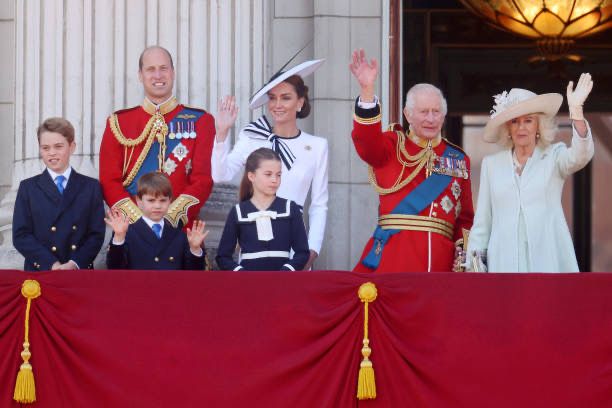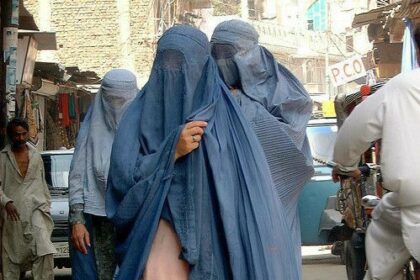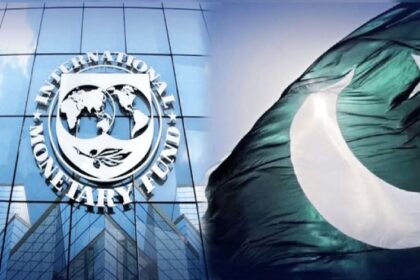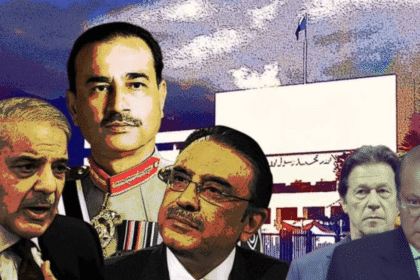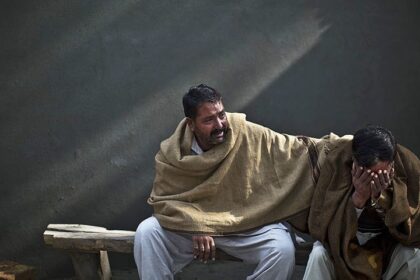Few contradictions are as intriguing as Pakistan’s relationship with its former colonizer. As someone who is also a proud participant of the Bridgerton bandwagon, there is a subtle inclination toward the dominant accent that makes the show all the more enchanting. Consider Peaky Blinders, Sherlock, or even good ol’ Fleabag, and you will see a fascination with British accents, institutions, and cultural markers persisting among Pakistanis, particularly the urban elite. For a country otherwise formed in defiance of British rule—a constant reminder of outlawing Western imperialist legacies—it is a paradox; why does a nation that passionately condemns colonialism find solace in the traces of its linguistic and cultural artifacts? Is this a new form of Stockholm Syndrome or simply a taste for dulcet tones? The answer is far more complex, forged in a unique interplay of historical conditioning, social mobility, and the residual prestige of colonial-era structures.
The Lingering Prestige: Where It Started
While the official departure of the British is marked in 1947, its colonial ghost has lingered in South Asia for far longer, leaving a mark rarely fleeting. One of the key tools used in dismantling Mughal influence in the subcontinent was to transform the way people interacted (or were required to). This was done through a nefarious integration of the English language into every aspect of public administration, from education, governance, and healthcare to the broader cultural capital and its associated value, turning British rule into a big project on social stratification. Whether it was the civil service or the military, there was an invisible hierarchy created on the basis of competence in English, thereby excluding Indian natives from the coveted Received Pronunciation (RP), a symbol of intelligence, class, and power.
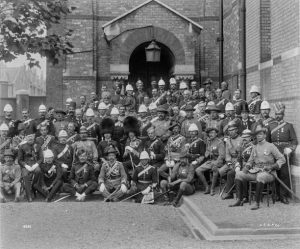
This linguistic prestige was further reinforced through the inauguration of institutions like Aitchison College, Kinnaird College, and Karachi Grammar School, where British-style pedagogy and accents were not only considered aspirational but upheld to enrich the cultural setting of the institutional environment. Even today, a ‘refined’ British accent is considered a mark of sophistication and global legitimacy for Pakistani politicians, diplomats, and members of civil society.
The Colonial Hangover and Class Aspiration
Pakistan’s colonial past is often invoked in political discourse, particularly in criticism of neocolonialism, Western imperialism, and elite complicity with foreign powers. Absurdly enough, though, social mobility in the country remains tightly linked to fluency in English, often with a British inflection. There is a persistent romanticization of the aesthetic of Britishness—perhaps not its expansionist policies, but certainly its cultural cadre.
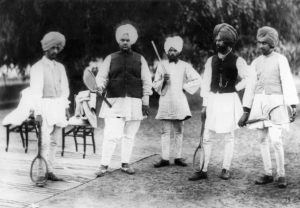
A British accent grants social validation in a deeply class-conscious society, where linguistic capital translates to economic opportunity. This aspirational mimicry is not unique to Pakistan alone, but is a hallmark of many former colonies; what differentiates the former from the latter is the exclusivity for cultural refinement and its similar ramifications, including colorism, systemic racism, cultural disruption, and loss of indigenous knowledge.
Anti-Colonial Rhetoric vs Cultural Fascination
On a national level, Pakistan maintains a deeply adversarial stance toward its colonial past. Figures like Allama Muhammad Iqbal and Muhammad Ali Jinnah are revered for their resistance to cultural subjugation and for allowing Muslims of India to reclaim their identities. Political leaders, often spewing anti-colonial rhetoric to garner public sentiment, are also seen in the halls of Oxbridge alumni or commentary boxes of Lord’s.
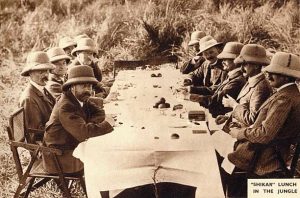
Beyond the national sphere, this duality has also seeped into Pakistan’s media and social circles. British accents, admired in PSL commentaries and academic settings, are also routinely blamed for Pakistan’s systemic inequalities under the banner of colonial policymaking.
Decolonizing Pakistan: What Next
The irony of Pakistan’s submission to the global capital of British accents and the rejection of foreign supremacy is a reflection of its ongoing struggle with its postcolonial identity. While the anti-colonial movement sought political sovereignty, English retained its cultural and linguistic hegemony, translating into a currency of power politics in Pakistan.
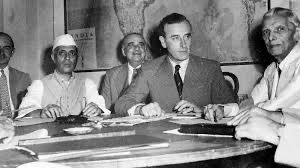
However, there is still hope. The revival of Urdu literature, the rise of local dialects in mainstream media, and the growing assertion of linguistic diversity challenge the colonial hierarchy forming Pakistan’s social foundation. The challenge is to redefine cultural prestige on its own terms, rather than through the remnants of a colonial past. Whether this means a complete rejection of British linguistic norms or a confident bilingualism that does not equate English fluency with intellect remains to be seen. Decolonization is not just about political independence, but unlearning an entire system of racial biases, including the way we speak.






